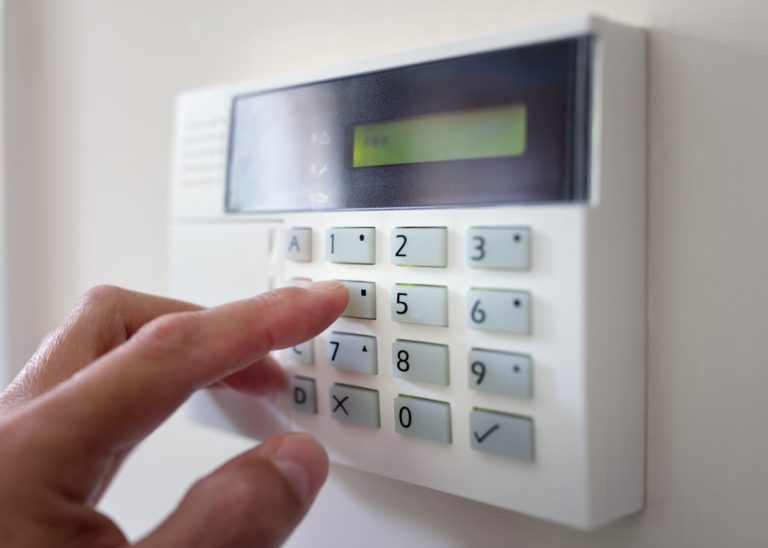Due to the ever-growing demand in new and innovative technology and the seemingly endless surge of digital progression, there is never time to rest on your laurels when it comes to cybersecurity.
As a business, to avoid becoming victim to cybercrime, you need to build your walls of defence in all areas, including cybersecurity, training your colleagues and preparing for the aftermath of an attack. Without suitably covering all three of these areas, you leave your business vulnerable. While you might feel like you have already done enough, remember that cybercriminals are constantly evolving and what may have been sufficient last year, could very well be outdated just a few months later.
Here’s what you can do to get cyber secure this 2020:
Change up your passwords
While many people reuse the same password across different systems for ease, this makes your accounts much easier to hack. This is because once they have cracked one, they may then have access to several others. Dr Richard Gold, director of security engineering at Digital Shadows says, “Every year billions of credentials such as email addresses, passwords and personal information are shared and traded online by cybercriminals,” with such a present risk, it’s wise to change it up. You can check if your own password has been traded on haveibeenpwned.com.
Set your phone to ‘self-destruct’
Think of the amount of personal data on your phone, would you want this to get into the wrong hands? Once your phone has been compromised, a hacker will have access to your social media, email and even your online banking. To keep your phone safe, ensure to set it up with a passcode and if possible, fingerprint, retina or face recognition security. Many devices also give you the option to set up a factory reset of your phone after a set amount of failed login attempts.
Secure your smart speakers
While devices such as Alexa and Google Assistant can make your day-to-day lives easier, they do pose a threat to your cybersecurity. These devices keep a log of every request made of them which are available to the account holder. If their account gets compromised, hackers could infiltrate this information. To stop the log being taken, you can simply tell the device to ‘delete what I just said’. Conversationally, if your device has purchasing enabled, you can set a spoken pin to stop others shopping at your expense.
Bend the truth
Like it or not, there’s a lot of personal information available on the internet and it rarely gets truly deleted. When online banking platforms and other higher security systems ask you to set up security questions, it can sometimes be incredibly easy for hackers to source this information online; unless you lie. If you answer these questions with a completely random answer which has no relation to you, it will become near impossible for the hacker to guess. Just make sure you remember what you’ve answered.
Avoid SMS authentication
Many social media platforms and online shopping systems give you the option to use SMS-based 2FA or two-factor authentication. This is when the system sends you an authentication code to your phone which you then type in to authenticate your details. Using this method isn’t the most secure as if your phone is stolen, it leaves it vulnerable to ‘sim-swap’ attacks where the thief puts your sim in another phone and then requests reset details from all your accounts.
Remain aware when charging from home
There have been incidents reported where cybercriminals have altered USB charging ports in public spaces such as train stations and cafes which then infect your device with malware. They are also able to infiltrate public Wi-Fi to steal your personal information. To counteract this, it’s best practice to carry a portable charger around at all times to avoid using public devices and ensure to use a VPN for public Wi-Fi.
If you’re concerned about the cybersecurity of your business, make sure you have the right defences in place. With cyber insurance, you can ensure that you’re protected against the consequences of a cyberattack.
To find out more, contact the cyber specialists at Hine on 0161 438 0000 or email [email protected].




